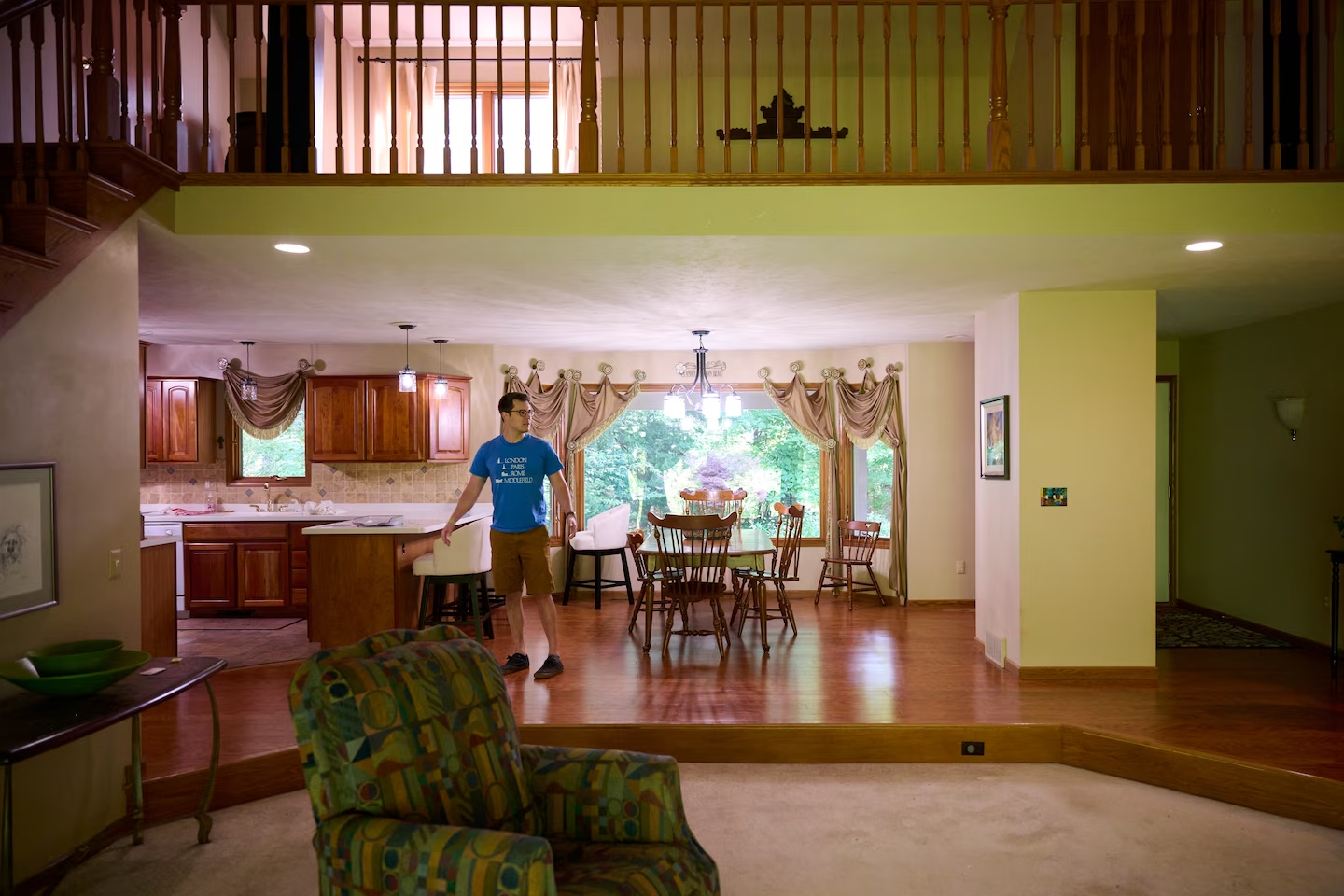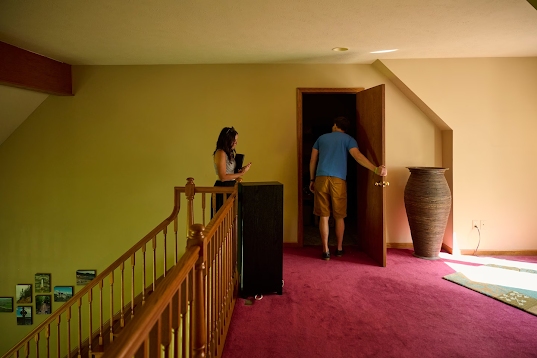After just a few months, Chris Swanson is tired of searching for houses in what he describes as a "disastrous" market for first-time buyers like himself.
Despite having a stable job and paying off his student loans, it feels like he's missed out on the opportunity for low interest rates, and homes are now much more expensive. Finding a property that meets his needs and budget is already challenging, but there's also pressure to act quickly. "I'm in a difficult position," said Swanson, a marketing professional from Mentor, Ohio.
Homeownership, which is a major source of wealth for most Americans, is becoming increasingly unattainable for many people. However, millennials are feeling the impact the most, as they are buying homes at a slower pace compared to previous generations. In fact, baby boomers now represent the largest share of home buyers, a position that millennials held since 2014, according to research by the National Association of Realtors (NAR).
"Boomers have the upper hand," said Jessica Lautz, NAR's deputy chief economist, because they have accumulated home equity and can make cash payments. "Unfortunately, this has sidelined many millennials."
Those born between 1981 and 1996 are often referred to as the "unluckiest generation." Since entering the workforce, they have experienced the slowest economic growth compared to any other age group. Additionally, they have been burdened by student debt and childcare expenses, according to Lautz.
Rising interest rates and consistently high asking prices have further diminished their purchasing power. Federal Reserve data shows that the median price of a U.S. home sold for $416,100 in the second quarter of 2023, a 26 percent increase since early 2020. Median sales prices were even higher in the Northeast ($789,600) and the West ($547,900).
Meanwhile, the average 30-year fixed-rate mortgage is now hovering around 7 percent, nearly three times the 2.6 percent recorded in early 2021.
Consequently, first-time home buyers are getting older, with a median age of 36, according to Lautz. This is the oldest median age since NAR began tracking the data in 1981, when it was 29. As the age has increased, the percentage of first-time home buyers has reached "historic lows."
The high interest rates are “a real burden on young people who don’t have the high salaries of older individuals like me,” said Joe Gyourko, 67, a professor of real estate at the University of Pennsylvania Wharton School. “You can’t get around it, and you’ve got to make a decision: Do I value the house enough?”




